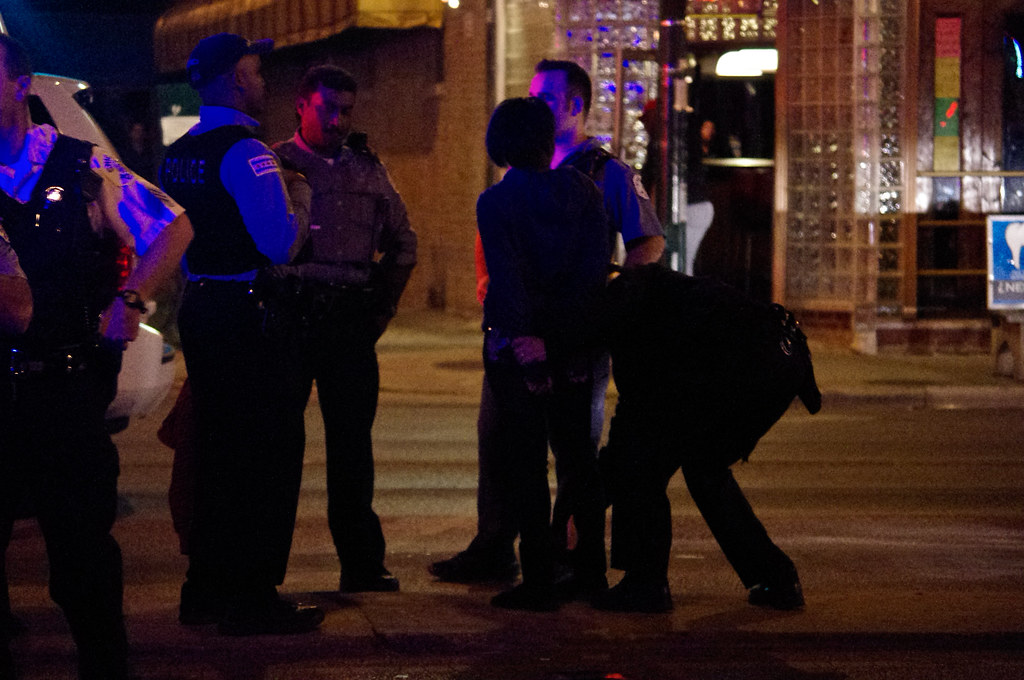Key Takeaways:
- Bill Maher questioned why Christian killings in Nigeria are not getting media attention.
- He suggested media bias may be involved in what stories are highlighted.
- Maher’s comments came during a recent episode of HBO’s “Real Time.”
- His statement sparked backlash and raised discussions around global media focus.
The Media Bias Question: Bill Maher’s Controversial Take
On a recent episode of HBO’s “Real Time with Bill Maher,” comedian and political commentator Bill Maher raised eyebrows with a bold statement. While speaking with interview guest Aiden Walker and panelists including Michael Smerconish, Maher claimed the slaughter of Christians in Nigeria isn’t being widely reported because, in his words, “the Jews aren’t involved.”
That remark lit a fire across social media and news outlets, with many calling it disrespectful and divisive. However, others argued that Maher touched on a deeper issue — why some international tragedies receive more media attention than others.
Let’s break down what happened and why it matters.
What Happened on “Real Time”?
During the episode, Maher and his guests were discussing how the media reacts to global tragedies. Aiden Walker, an expert in internet culture, brought up how certain stories go viral while others fade away unnoticed.
That’s when Maher interrupted with his controversial opinion, suggesting that tragedies involving specific groups (like Jewish communities or Western nations) usually get more spotlight in the mainstream press. He named the crisis in Nigeria — where Christian communities have faced mass killings from extremist groups such as Boko Haram — as a prime example of a neglected story.
Maher’s choice of words was harsh, and many viewers felt uncomfortable. Still, his core point about media bias and selective reporting stirred a much-needed conversation.
Killings in Nigeria: What’s Really Going On?
While Maher’s delivery may have been questionable, the Nigerian crisis is very real. For years, Christian communities in northern Nigeria have suffered brutal attacks. These assaults often come from Islamist militant groups and armed gangs.
Entire villages have been burned, thousands have died, and millions have been displaced. Yet, this humanitarian crisis barely makes waves in Western media. Headlines are rare, and coverage is minimal compared to other global conflicts.
So, Maher’s rant raises a valid concern. Why does this not get covered like conflicts in places like Ukraine or Gaza?
The Power of Media Focus
Let’s be honest. Media coverage plays a huge role in shaping public attention and political action. When there’s round-the-clock news about one crisis, people donate, protest, and pressure leaders to act. But when a crisis gets ignored? It can go on for years without enough help or awareness.
This is why Maher’s comment hit a nerve. It wasn’t just about religion or ethnicity — it was about which stories we choose to see and which ones we choose to ignore.
Selective Coverage: Who Decides?
Whether we like it or not, media outlets tend to prioritize stories that are timely, emotional, or politically relevant to their audience. This can leave many tragic situations in the dark, especially when they are ongoing or viewed as “too complicated” for TV segments.
In the case of Nigeria, the story is complex. It involves religious conflicts, tribal differences, political instability, and international terrorism. That kind of complexity often means less airtime, especially when it’s about African nations.
Add to that the fact that the victims are mostly Christians in rural areas, and it’s easy to see why this story may not attract attention from Western media giants.
Was Maher’s Comment Anti-Semitic?
Critics slammed Maher’s remark as insensitive, and some even called it anti-Semitic. His choice to mention Jewish involvement in such a blunt way overshadowed the seriousness of the topic he was raising.
However, it’s also clear that Maher wanted to provoke thought — which, frankly, is what he’s known for. Love him or hate him, Maher often says what many are afraid to say out loud, even if it comes out rough around the edges.
Still, it’s essential to recognize that we can talk about media bias without blaming any one group. It’s more about institutional practices and newsroom priorities than a specific community receiving too much coverage.
What Should Be Done?
Maher may have used the wrong words, but he asked the right question: Why don’t we hear more about Nigeria?
Here’s what could help bring global attention to Nigeria’s Christian killings:
1. Pressure on media outlets to diversify international coverage
2. Stronger global advocacy from human rights organizations
3. Social media campaigns to highlight underreported stories
4. International policymakers addressing the situation in Nigeria
The point is that suffering shouldn’t need a spotlight to matter.
Final Thoughts: A Lesson in Media Attention
Bill Maher’s controversial comment about Nigeria was messy — no doubt. But it cracked open a vital conversation. Far too many tragedies are happening in places like Nigeria, South Sudan, and Myanmar, and they often go unnoticed by the world.
While it’s easy to criticize Maher’s tone, it’s also crucial to take a step back and ask ourselves: Are we paying attention to the right stories, or only the ones that top the headlines?
In a world connected more than ever, what we choose to see and share matters more than we think.
FAQs
Why did Bill Maher mention Jews in his comment?
He intended to criticize how some events get more media attention based on who is involved. However, his delivery came across as offensive to many.
What’s happening in Nigeria?
Christian communities in Nigeria have faced years of brutal attacks from extremist groups. Thousands have died, and many villages have been destroyed.
Is there proof that the media ignores certain tragedies?
Yes. Stories from African or less politically relevant regions often receive far less international news coverage compared to similar events elsewhere.
Can social media help highlight these underreported stories?
Absolutely. When people share, post, and discuss lesser-known crises, it can push major media outlets to pay more attention.
